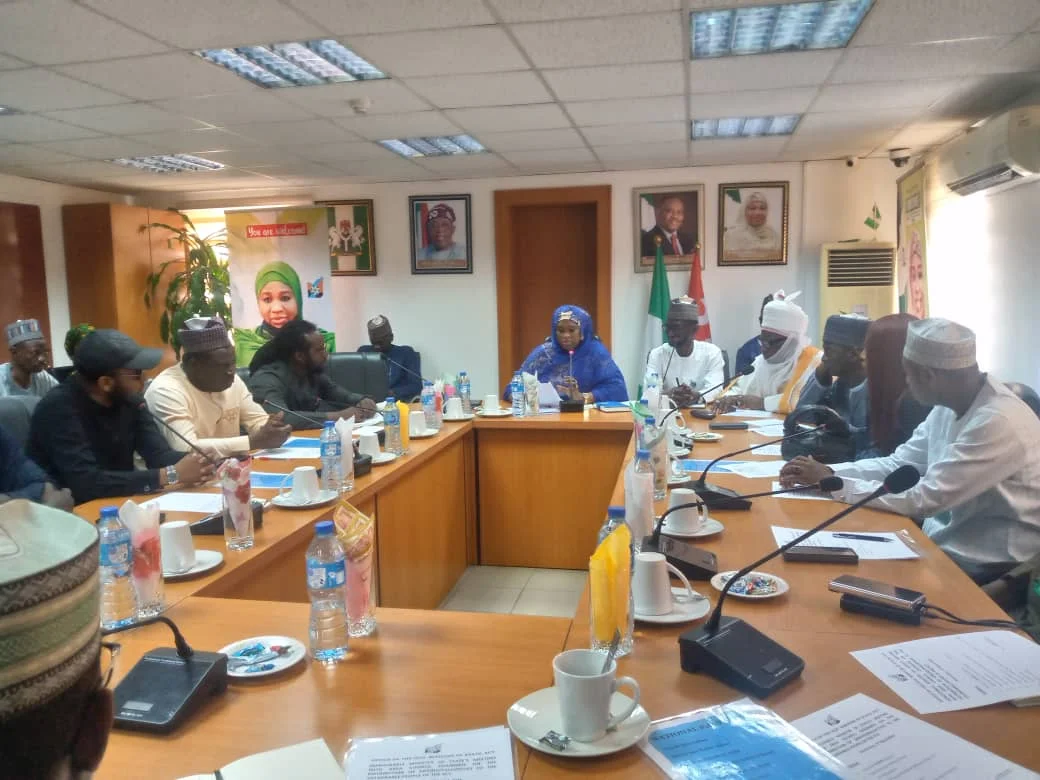Business
IFMA Restates Commitment To Bridging Nigeria’s $300bn Infrastructure Deficit
The International Facility Management Association (IFMA) in Nigeria yesterday said it was committed to bridging the nation’s 300 billion dollars (N5.9 trillion) infrastructure deficit.
President of the association, Mr. Richard Okesola said this in an interview with the newsmen in Lagos.
Okesola spoke ahead of the association’s annual conference and award night slated for October 30 in Lagos with the theme: “Positioning Facility Management to Support Nigeria’s Evolving Economy.”
He said that the nation’s infrastructure was grossly under-developed and poorly maintained for posterity.
Okesola said that the conference would provide a platform for stakeholders to address issues of mitigating the country’s infrastructure challenges.
He said that IFMA was also committed to promoting greater awareness and visibility of facility managers to impact the country’s economy through research, human capacity development and preservation of its facilities.
The president of the association decried the poor maintenance standard of some public buildings in the country, which he said, were in a state of disrepair.
“Government, and indeed all Nigerians, must imbibe the maintenance culture to prolong the lifespan of both the public and private infrastructure,” he said.
Reports say that IFMA Nigerian chapter is a non-profit body incorporated in 1997 and an affiliate of the International Facility Management Association (IFMA).
The association is dedicated to promoting excellence in the management of the work environment.
Business
NCDMB Tasks Media Practitioners On Effective Reportage

Business
FCTA, Others Chart Path To Organic Agriculture Practices

The Federal Capital Territory Administration (FCTA) and other stakeholders have charted path to improved organic agriculture practices nationwide.
At a 2024 national organic and agroecology business summit held recently in Abuja, stakeholders took turn to speak on the additional areas of promoting the practices.
The Mandate Secretary, FCT Agriculture and Rural Development Secretariat (ARDS), Lawan Geidam, advocated for sustainable practice to develop resilient food systems that will benefit people.
The event, with the theme,”Towards Policies for Upscaling Organic Agroecological Businesses in Nigeria”, is aimed at fostering growth in the organic agriculture sector.
Geidam, who was represented by the Acting Director, Agric Services, in the Secretariat, Mr. Ofili Bennett, emphasised the success of organic and agroecological farming, reling on the active involvement of farmers, businesses and consumers.
He reassured attendees that the FCT Administration, led by the Minister, Nyesom Wike, and Minister of State, Dr. Mariya Mahmoud, remains dedicated to supporting initiatives that enhance the livelihood of residents.
Geidam described the partnership between the Secretariat and the organic and Agroecology initiative for a monthly exhibition and sale of organic products in the FCTA premises as a testament to this commitment.
“The ARDS remains committed to driving policies and initiatives that align with national goals and global standards”, Geidam said.
On her part, the Chairperson of Organic and Agroecology Initiative, Mrs. Janet Igho, urged residents to embrace healthy eating habits to sustain a good lifestyle. She stressed the importance of adopting organic practices, highlighting the benefits of going organic, growing organic and consuming organic products.
Igho expressed her optimism regarding the Agricultural Revival Programmes as articulated in President Bola Ahmed Tinubu’s “Renewed Hope Agenda”, which aims at fostering food and nutrition security.
She also extended her gratitude to ARDS for graciously allocating a space in the FCTA premises for the exhibition and sale of organic products, noting that the platform has been effectively used to advance the promotion of organic agriculture in FCT.
Igho outlined several benefits of organic agriculture which includes improved soil health, increased biodiversity, availability nutritious and healthy food and a reduced carbon footprint.
Stakeholders at the summit, underscored the critical need for enhanced private sector involvement and robust capacity building initiatives for farmers.
They highlighted the importance of implementing supportive policies to foster the growth of the organic agriculture sector.
In the light of the significant challenges facing Nigeria’s agricultural landscape, stakeholders decided that organic agricultural practices present sustainable solutions and a pathway for a more resilient and productive farming systems.
The three-day summit featured exhibitions showcasing organic foods, fruits, vegetables and fertilizers, providing an opportunity for residents to better appreciate the benefits of production and consumption of organic agricultural products.
Business
Dangote Refinery Exports PMS to Cameroon

-

 Oil & Energy5 days ago
Oil & Energy5 days agoBill Prohibiting Gas Flaring Passes 2nd Reading
-

 Rivers5 days ago
Rivers5 days agoRivers Seals Firms Over Non-Compliance With Physical Planning Law
-
News16 hours ago
RSG Set To Employ Fresh Teachers In Public Schools
-
Politics13 hours ago
Ex-Inc President Harps On People-Centred Governance
-

 Sports5 days ago
Sports5 days agoGalaxy Win Sixth MLS Title
-

 News5 days ago
News5 days agoElder Statesman, Others Emerge PH Boat Club’s New Officials
-
Sports15 hours ago
Musa, Shehu Ineligible For CHAN – Ilechukwu
-

 News5 days ago
News5 days agoNAFDAC Demands Full Compliance With Ban On Satchet, PET Bottle Alcohol

